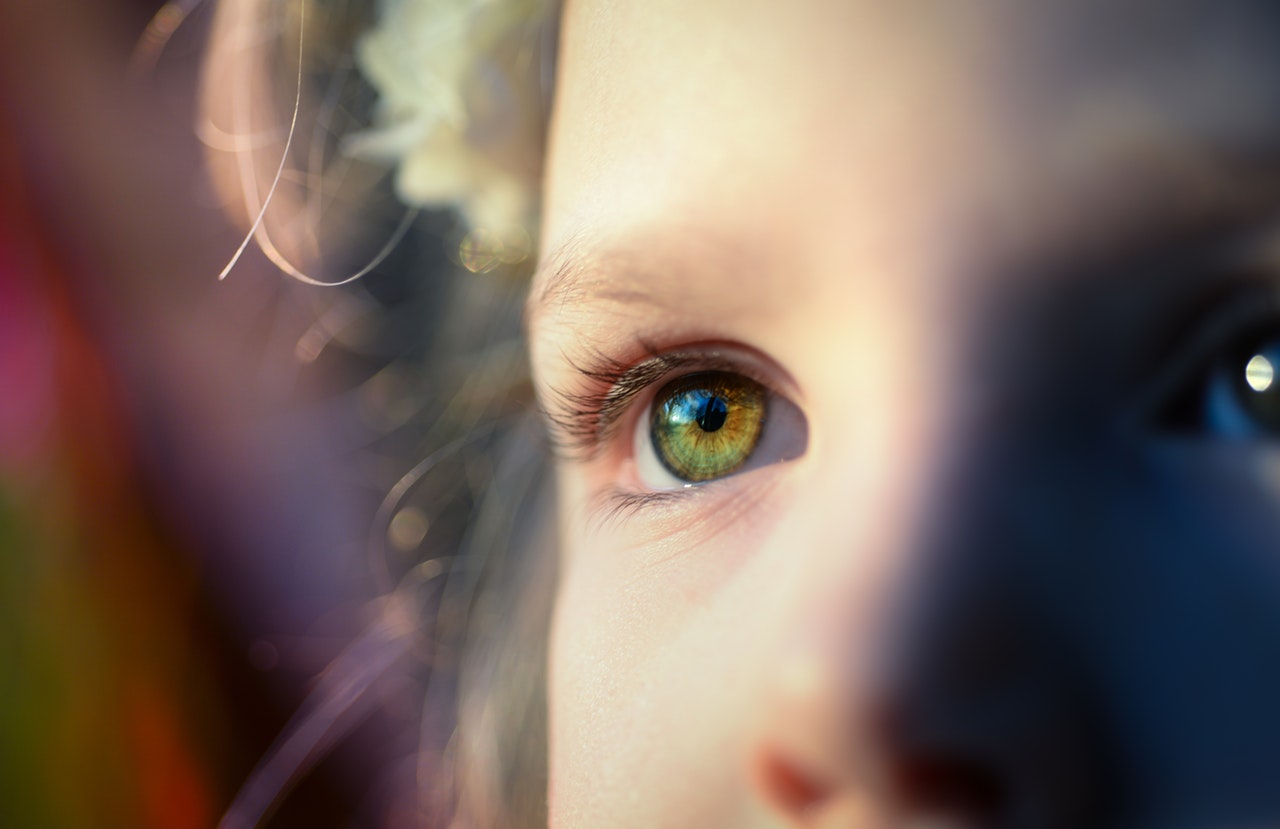Many parents don’t realize their children could be living with a mental illness. While they can experience the same conditions to adults, they might display different symptoms, which moms and dads might fail to recognize.
If you want to improve your child’s mental health, you’ll first need to understand the potential warning signs of a disorder. Read on for more information.
Anxiety Disorders
While it’s common for children to experience some form of anxiety in new situations, they might be living with a disorder if they display:
- Irritability
- Restlessness
- Fatigue
- Concentration issues
- Excessive worry
- Insomnia
Unfortunately, they could be living with social anxiety, generalized anxiety disorder, PTSD, or OCD. If your child is living with an anxiety disorder, get in touch with The Recovery Village for a professional mental health treatment that will be tailored to a child’s individual needs.
A Mood Disorder
A mood disorder, such as bipolar or depression, can result in a child experiencing continual feelings of sadness. They might also display mood swings that are more extreme in comparison to normal mood swings others can experience.
If you suspect your son or daughter is living with a mood disorder, look for:
- Manic episodes
- Anger
- Rage
- Depressive episodes
- Mood fluctuations
- Elation/giddiness
Discuss your child’s symptoms with a doctor, who will need to compare bipolar disorder against other conditions, such as anxiety or ADHD.
Attention Deficit/Hyperactivity Disorder (ADHD)
ADHD can be a complex neurodevelopmental disorder to diagnose, as the symptoms can vary. However, the condition can ultimately affect a child’s performance and success at school, as well as their relationships. For this reason, it’s important for parents to familiarize themselves with the warning signs, such as:
- Hyperactivity
- Impulsive behavior
- Self-focused behavior (an inability to recognize others’ needs)
- Continual interruptions
- Impatience (Trouble waiting their turn)
- Emotional turmoil (outbursts of anger at inappropriate times)
- Excessive fidgeting
- A lack of focus
As children can experience some or all the above behaviors at some stage, it might be easy to believe they are living with ADHD. However, if their actions are starting to impact their school or they are displaying regular signs of ADHD, you should organize an appointment with a doctor or psychologist to identify the best course of action.
An Eating Disorder
Many children and teens can develop an eating disorder, which can lead to changes in their eating habits and can sadly cause serious health problems. There are three main types of eating disorders that all parents should watch out for:
- Bulimia (overeating and then vomiting or using laxatives to avoid weight gain)
- Anorexia (a child refuses to eat an adequate number of calories)
- Binge eating (consuming an excessive number of calories)
It’s also common for some eating disorders to overlap. For example, a child may alternate between bulimia and anorexia. The condition can also stem from low self-esteem, a fear of weight gain, distress, and feelings of helplessness. What’s more, it can be a symptom of an underlying mental health disorder, such as anxiety, substance abuse or depression.
If you suspect your child is living with an eating disorder, you must seek professional help immediately. While signs can vary depending on their condition, common red flags to look out for can include:
- Rapid weight loss or gain
- An unusual interest in food
- Dieting despite being thin
- Anxiety or depression
- Self-criticism
- Strange eating habits (secretive eating, avoiding mealtime, eating foods in small amounts, etc.)

